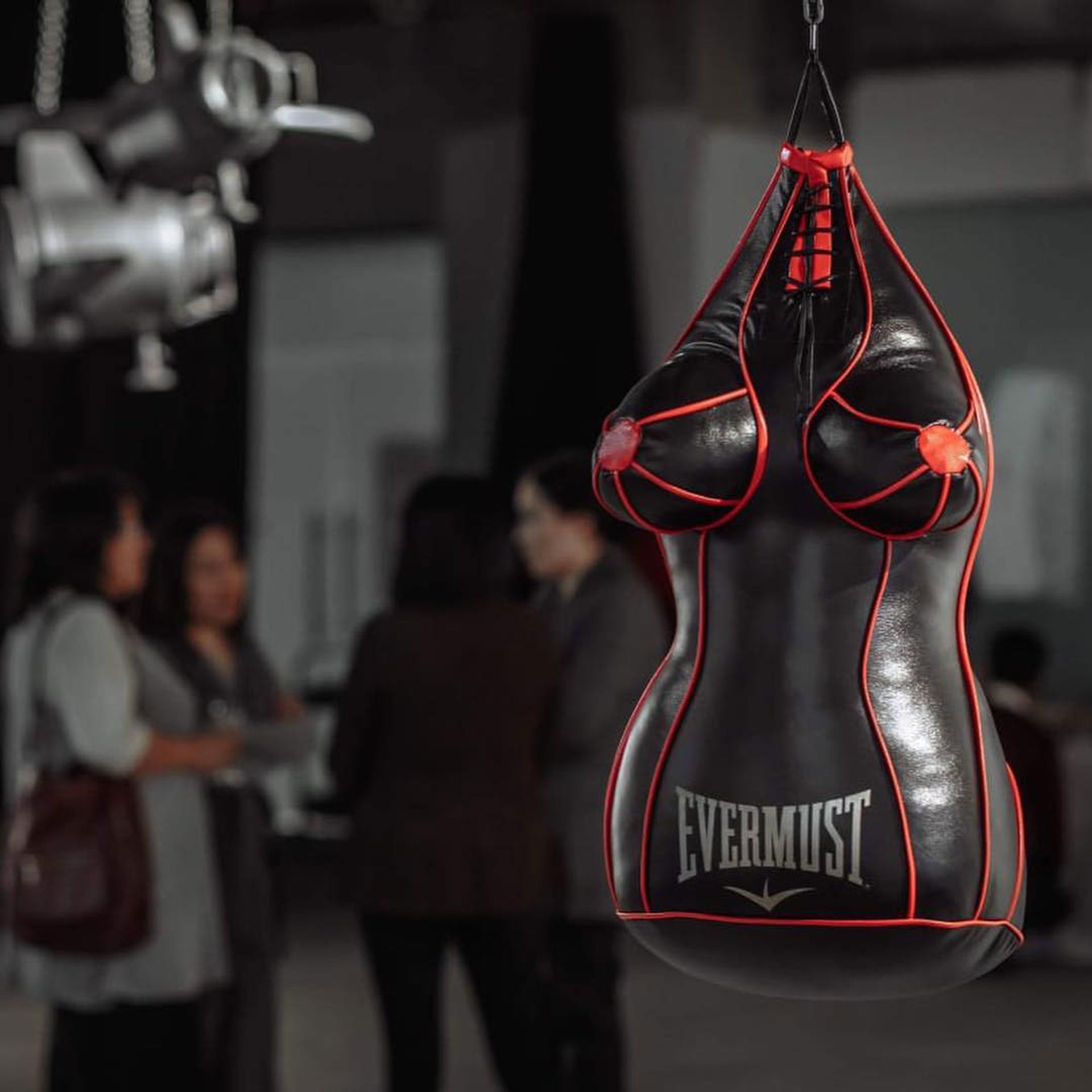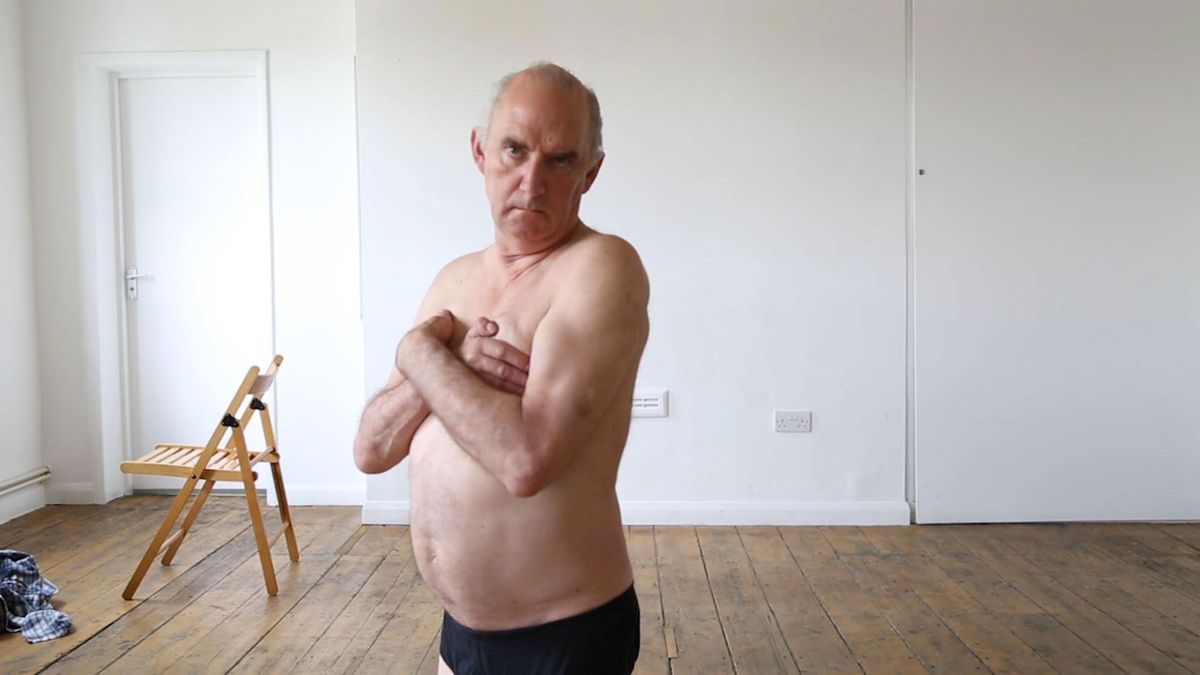A group of artists have presented the president of Kyrgyzstan with an open letter decrying the censorship of an exhibition at the Kyrgyz National Museum of Fine Arts and calling for the resignation of the minister of culture.
The exhibition in question, the first edition of an international art biennial known as Feminnale, came under the scrutiny of censors due to its works’ allusions to LGBTQ+ rights, abortion, and nudity, including a performance piece by Julie Savery in which the artist removed her clothing in the gallery. Minister of Culture Azamat Zhamankulov described the show as an act of provocation made under the guise of feminism. The government later ordered that a number of pieces be removed from the gallery, a decision that the minister asserted was in accordance with the will of the people.
“The minister of culture has demonstrated a complete misunderstanding of the fundamental principles of culture: culture does not require state management, culture requires support, culture does not tolerate censorship,” the letter reads. Its signatories comprise the artists whose works are part of the show.

Zoya Falkova work Evermust was also censored from the exhibition © the artist
The authors of the letter argue that the exhibition’s censorship violated a number of constitutional protections (including freedom of thought and protection from discrimination based on sex or political stance) and contravened Kyrgyzstan’s commitments under the UN Sustainable Development program.
The letter also demands the reinstatement of Mira Dzhangaracheva as director of the museum. Dzhangaracheva had earlier resigned from her post after receiving death and rape threats for her connection with the Feminnale. The letter states that Feminnale organisers “continue to receive public threats from radical groups, and the police are not taking any action to protect their citizens from these extremist attacks.” The minister of culture has since appointed a new director, Aigul Mambetkazieva.
The artists' final demand is for an end to censorship in Kyrgyzstan.
The Kazakh artist Zoya Falkova, whose work Evermust was one of the pieces to be censored, says she hopes that the diversity of the letter's signatories would give its word more clout. "[The government] will think because we are artists from 22 countries, and they are very dependent on international society," she says. "Attention abroad is much more important for [Central Asian states'] governments than [citizens'] own opinions."
In an interview with Radio Free Europe/Radio Liberty, the Feminnale co-curator Janna Arayeva said that plans were underway for a second edition of the Feminnale.


